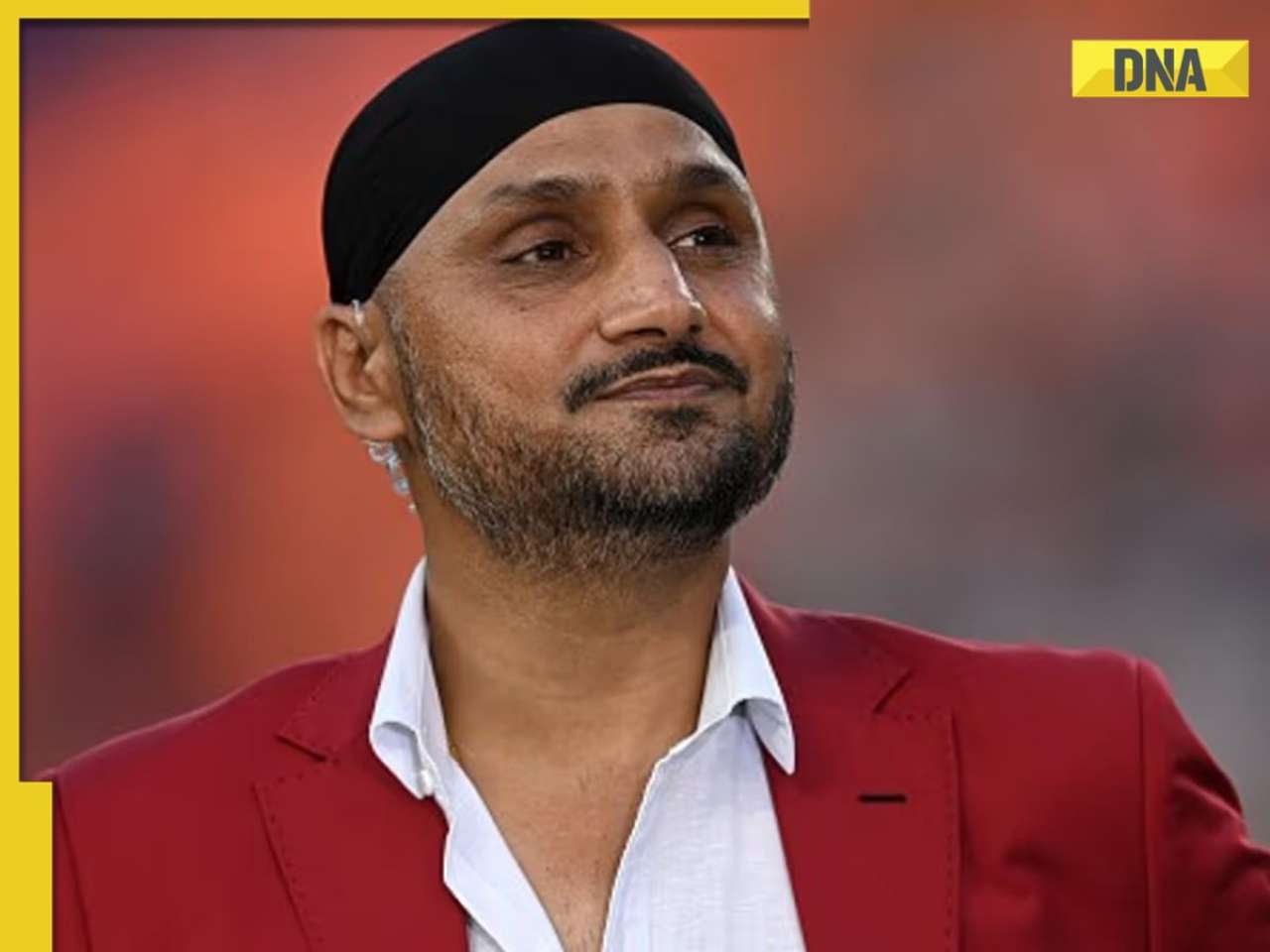 |
|
Harbhajan Singh, a former Indian spinner, recently ignited a debate within the Indian cricket community with his outspoken criticism of what he terms a 'superstar culture' within the national team. His comments, delivered initially through a cryptic Hindi idiom – 'When an elephant walks through the market, paid dogs bark' – followed India's disappointing 1-3 defeat against Australia in the Border-Gavaskar Trophy. This loss marked India's first Test series defeat in a decade, a significant setback that underscored the underlying issues Singh sought to address. The idiom, while subtly delivered, served as a powerful metaphor, suggesting that the attention and praise directed towards certain high-profile players overshadowed the overall performance and needs of the team. Singh’s message resonated deeply with many fans and commentators, sparking widespread discussion about the balance between individual brilliance and collective team success.
Singh's critique wasn't merely a reaction to a single defeat. He had previously voiced his concerns about the selection process, advocating for a meritocratic approach based solely on performance. He explicitly stated on his YouTube channel that the team doesn't need superstars; it needs consistent performers. His call for a shift away from prioritizing established names, even those with a history of success, over demonstrable current form, was a bold challenge to the existing structure and selection criteria within the BCCI. He highlighted the recent poor performances of several high-profile players, including Captain Rohit Sharma and Virat Kohli, in the Australia series. Both players struggled significantly, leading to questions about their continued inclusion in the team. Kohli's particularly underwhelming performance of just 190 runs over nine innings raised concerns about his current form and suitability for the upcoming England tour.
Singh's suggestion that struggling players should participate in domestic cricket to prove their worth before being selected for international tours reflects a pragmatic approach to team selection. He emphasized that reputation alone should not guarantee a place in the national team. His reference to legendary players like Kapil Dev and Anil Kumble served to illustrate his point: even past greats wouldn't be automatically selected if their current form was subpar. This perspective challenges the potentially detrimental influence of past achievements on current selection decisions, arguing for a more objective and performance-based approach. This stance has sparked a significant debate within the cricketing community, with discussions focusing on the balance between experience, past achievements, and current form in player selection.
The controversy surrounding Singh's statements highlights a fundamental tension within the world of professional sports. The pressure to perform at the highest level is immense, compounded by the commercial aspects of modern cricket, where lucrative endorsements and media attention often revolve around star players. While acknowledging the importance of fan appeal and individual brilliance, Singh's advocacy for a performance-based approach suggests a necessary recalibration. The focus, he argues, should be on building a strong and consistent team rather than relying solely on the performances of a few high-profile individuals. This viewpoint emphasizes the need for a clear and transparent selection process that prioritizes meritocracy over celebrity status.
The implications of Singh’s comments extend beyond the immediate selection issues. They raise broader questions about the role of celebrity culture in sports, the balance between individual talent and team cohesion, and the overall responsibility of national sports organizations in fostering a healthy and competitive environment. The BCCI and selectors face a critical juncture; they must consider whether to fully embrace Singh's call for a performance-driven approach or maintain the status quo, risking further setbacks and controversies in the future. The coming months, leading up to and including the England tour, will likely provide further insight into how the BCCI responds to Singh's powerful and timely critique.
Source: 'Paid dogs bark': Harbhajan Singh drops bombshell with cryptic post on social media
